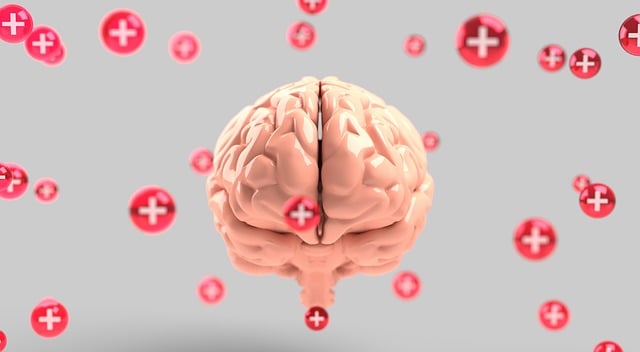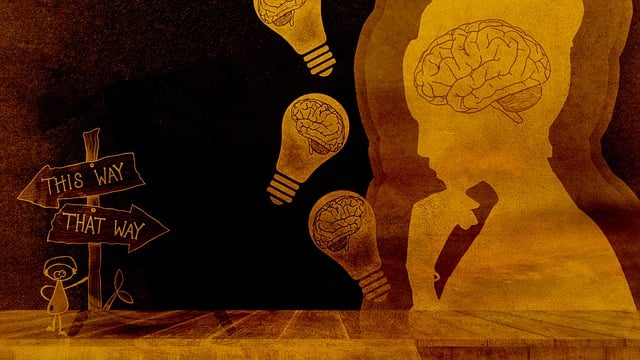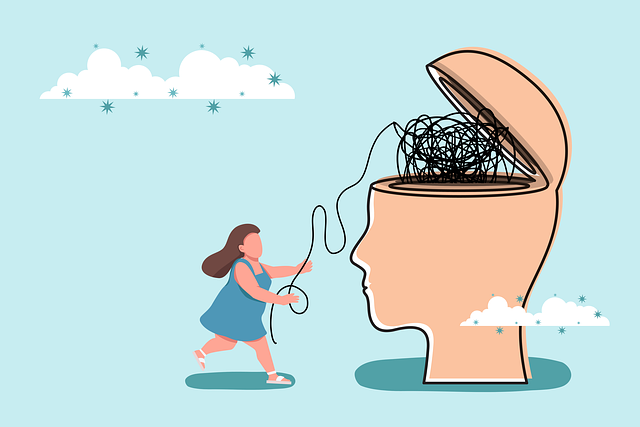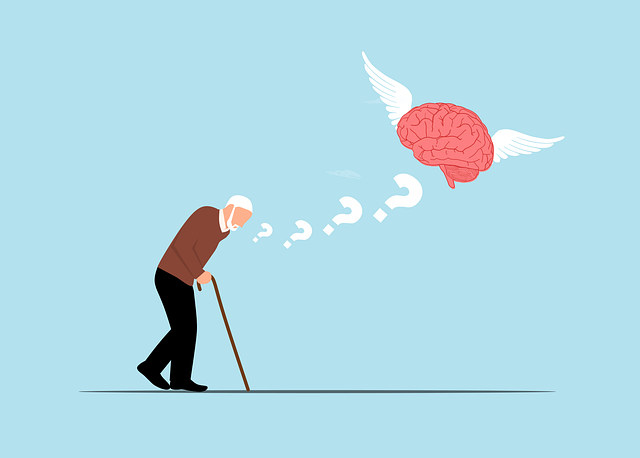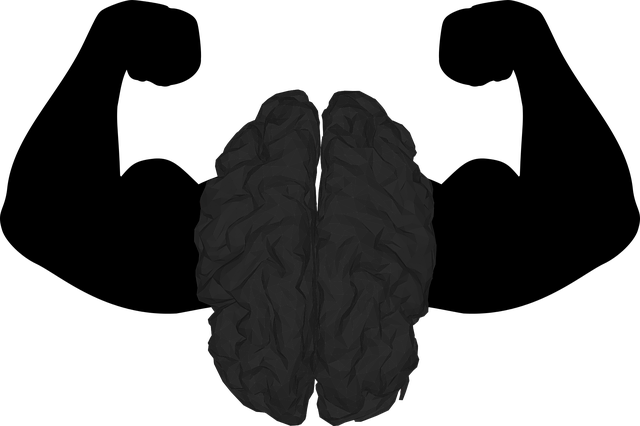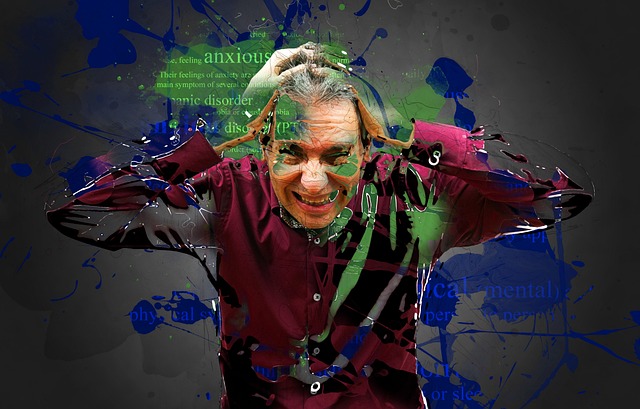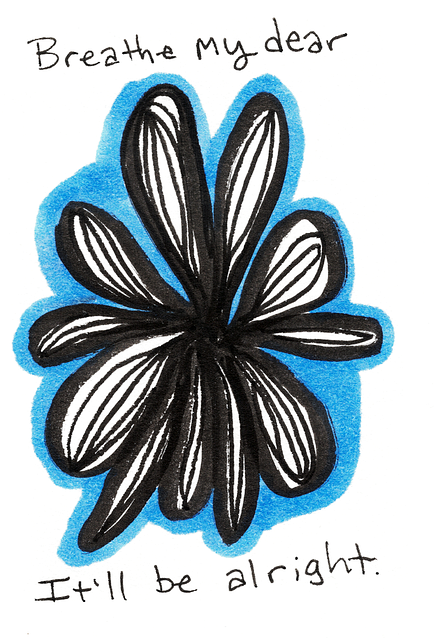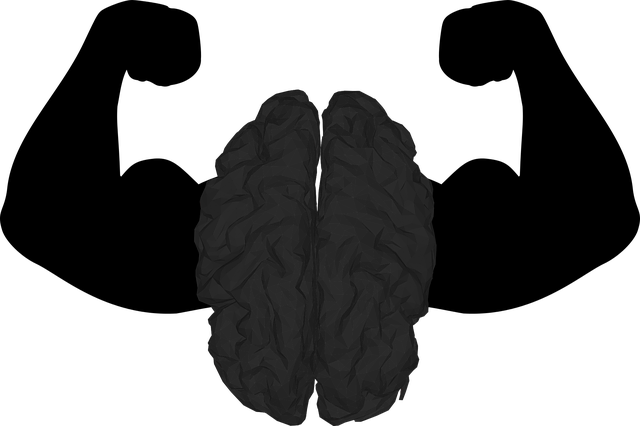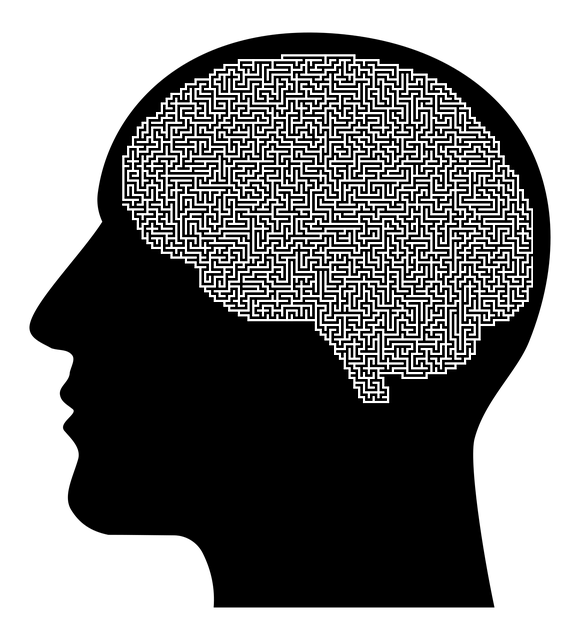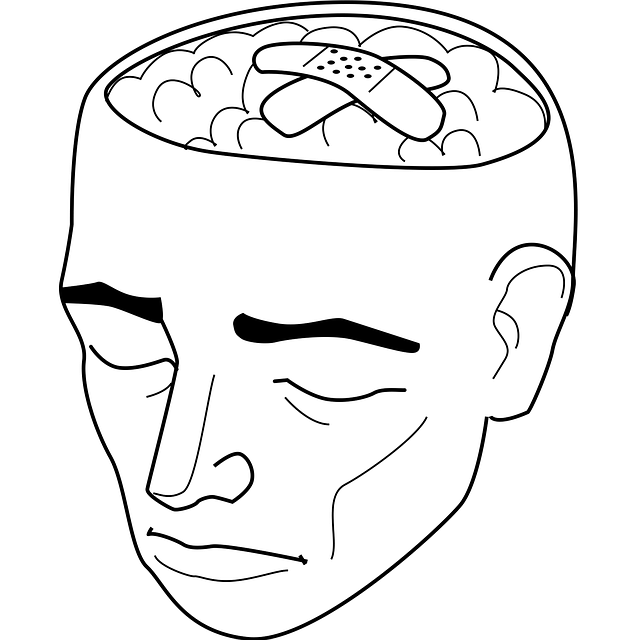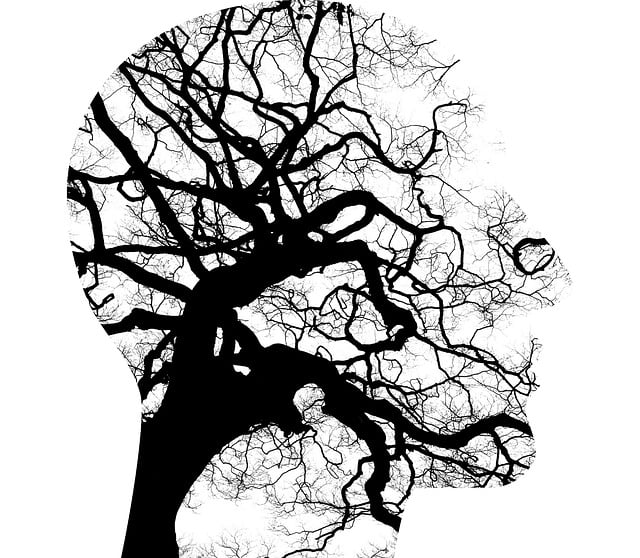In diverse Denver, mental healthcare providers must demonstrate cultural competence to offer effective services, understanding and appreciating clients' unique backgrounds, values, and beliefs for building trust. Training equips professionals with knowledge of various cultural practices, enabling them to tailor stress reduction methods and enhance treatment outcomes in therapy sessions. Navigating cultural sensitivity involves overcoming language barriers, respecting healing preferences, and incorporating mindfulness meditation, cultural references, and traditional healing methods to foster engagement during Denver mental health evaluations and therapy. Regular training, cross-cultural communication skills, and peer support groups are key to accurate risk assessment, creating inclusive environments where clients feel safe to share openly, leading to better outcomes.
In the diverse landscape of mental healthcare, cultural sensitivity is paramount. This article explores the intricate aspects of cultural competence within Denver’s mental health evaluations and therapy practices. We delve into the significance of understanding diverse cultural contexts, addressing challenges faced by practitioners in a metropolitan setting like Denver, and providing practical strategies to enhance culturally sensitive therapeutic environments. By embracing these approaches, mental health professionals can offer more inclusive and effective care.
- Understanding Cultural Competence in Mental Healthcare
- Challenges and Barriers in Denver Mental Health Evaluations
- Strategies for Culturally Sensitive Therapy Practices
Understanding Cultural Competence in Mental Healthcare

In the diverse Denver community, mental healthcare providers must possess cultural competence to offer effective services. This goes beyond basic communication; it involves understanding and appreciating clients’ unique cultural backgrounds, values, and beliefs. Cultural sensitivity is crucial in establishing trust and fostering open dialogue during Denver mental health evaluations and therapy sessions. By recognizing the impact of cultural factors on mental wellness, providers can tailor their approaches, ensuring that every client receives personalized care.
Healthcare provider cultural competency training plays a pivotal role in equipping professionals with the skills to navigate these nuances. Through such training, they learn about various cultural practices, traditional healing methods, and community resources specific to different populations. This knowledge enables them to integrate effective stress reduction methods tailored to individual needs, enhancing treatment outcomes.
Challenges and Barriers in Denver Mental Health Evaluations

Navigating cultural sensitivity in Denver mental health evaluations is a complex task due to the diverse nature of the city’s population. When providing therapy, professionals must be mindful of the unique challenges faced by individuals from various ethnic, racial, and cultural backgrounds. Language barriers, for instance, can impede effective communication and risk assessment during initial evaluations, demanding that therapists adapt their approach or secure qualified interpreters.
Moreover, differing cultural perspectives on mental health and wellness may influence how clients express their experiences and respond to treatment recommendations. Some cultures prioritize collective over individualistic approaches to healing, while others may hold specific beliefs about the causes and treatments of mental illness. Mental healthcare providers in Denver must remain open to learning about these cultural nuances, integrating mindfulness meditation practices if appropriate, and tailoring therapy to honor and respect clients’ fundamental values and belief systems for optimal treatment outcomes.
Strategies for Culturally Sensitive Therapy Practices

In Denver mental health evaluations and therapy, culturally sensitive practices are paramount to ensuring effective treatment. Therapists should embrace diversity and be open to learning about different cultural backgrounds and beliefs. This involves actively listening to clients’ stories, understanding their contexts, and adapting therapeutic approaches accordingly. Incorporating clients’ cultural references, languages, and traditional healing methods can significantly enhance trust and engagement. For instance, incorporating culturally specific interventions or adjusting therapy schedules to accommodate religious observances demonstrates respect and fosters a safer space for vulnerable individuals.
To improve mental health awareness and prevent burnout, therapists must be equipped with strategies to navigate cultural complexities. Regular training in cross-cultural communication, ongoing professional development, and peer support groups can equip mental health professionals with the tools needed for accurate risk assessment. By recognizing and addressing potential cultural barriers, therapists create an inclusive environment that encourages clients to share their experiences openly, leading to more successful outcomes.
Cultural sensitivity is an indispensable aspect of mental healthcare practice, especially in diverse urban centers like Denver. By understanding and addressing cultural competence, therapists can overcome barriers and deliver more effective evaluations and therapies for individuals from various backgrounds. Implementing culturally sensitive practices not only enhances patient outcomes but also fosters a more inclusive and equitable mental health system in Denver and beyond.
